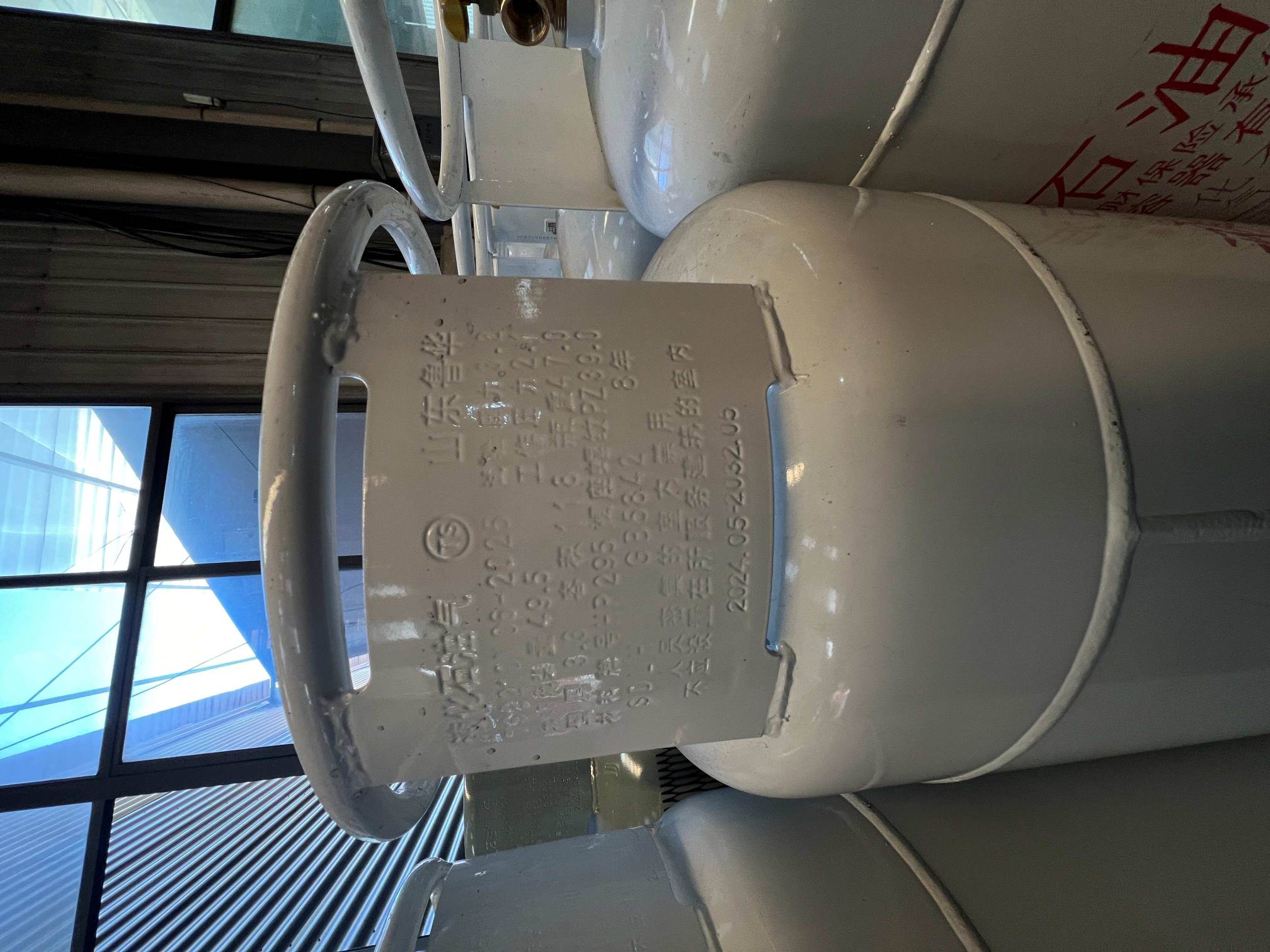Corrosion Protection:
During use, lpg cylinders can come into contact with various chemicals and environmental conditions such as humid air, salt spray, and acids and bases, which can lead to corrosion. The coating effectively isolates these corrosive agents, extending the lifespan of the cylinders.
Prevention of Mechanical Damage:
Lpg cylinders are prone to impacts, scratches, and other mechanical damage during handling and use. The coating provides additional protection, reducing the risk of surface damage.
Identification and Aesthetics:
Different types and uses of lpg cylinders can be distinguished by different coating colors, aiding operators in quick identification. Additionally, the coating enhances the appearance of the cylinders, making them more aesthetically pleasing.
Safety:
Some special-use cylinders (such as high-pressure gas cylinders) require high safety standards. The coating can provide antistatic and spark-resistant properties, further enhancing safety during use.
Performance Enhancement:
Certain specific coatings can improve the performance of the cylinders. For example, high-temperature resistant coatings allow cylinders to maintain good performance in high-temperature environments.
In summary, the coating of lpg cylinders plays a crucial role in protection, identification, aesthetics, safety, and performance enhancement. It is an essential measure to ensure the safety and longevity of the cylinders.





